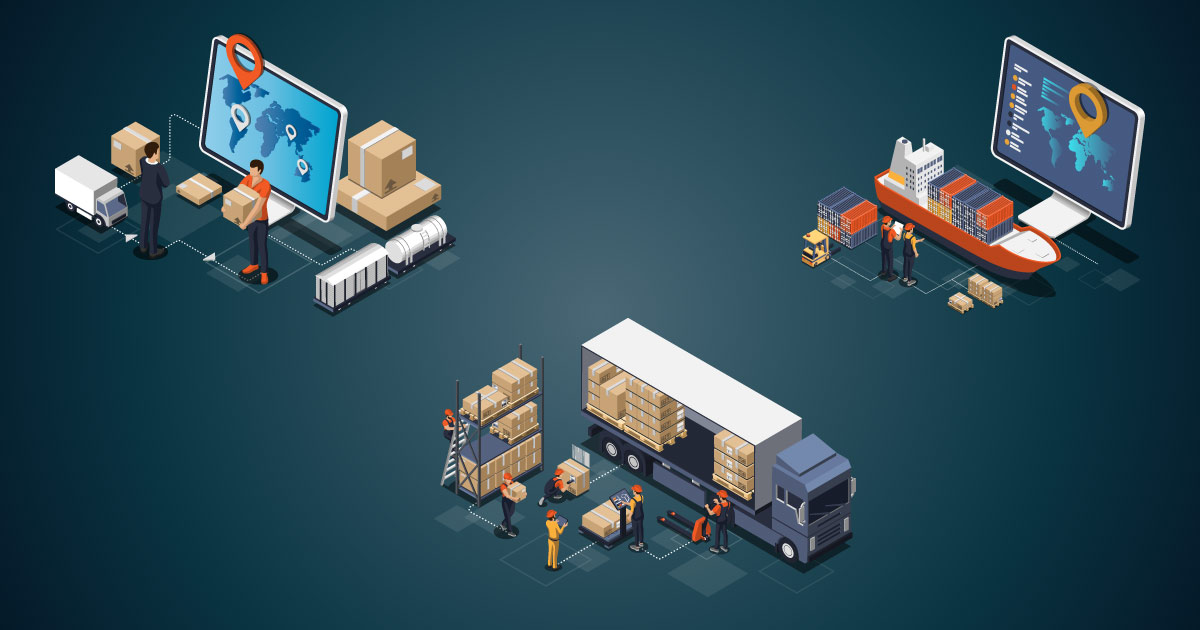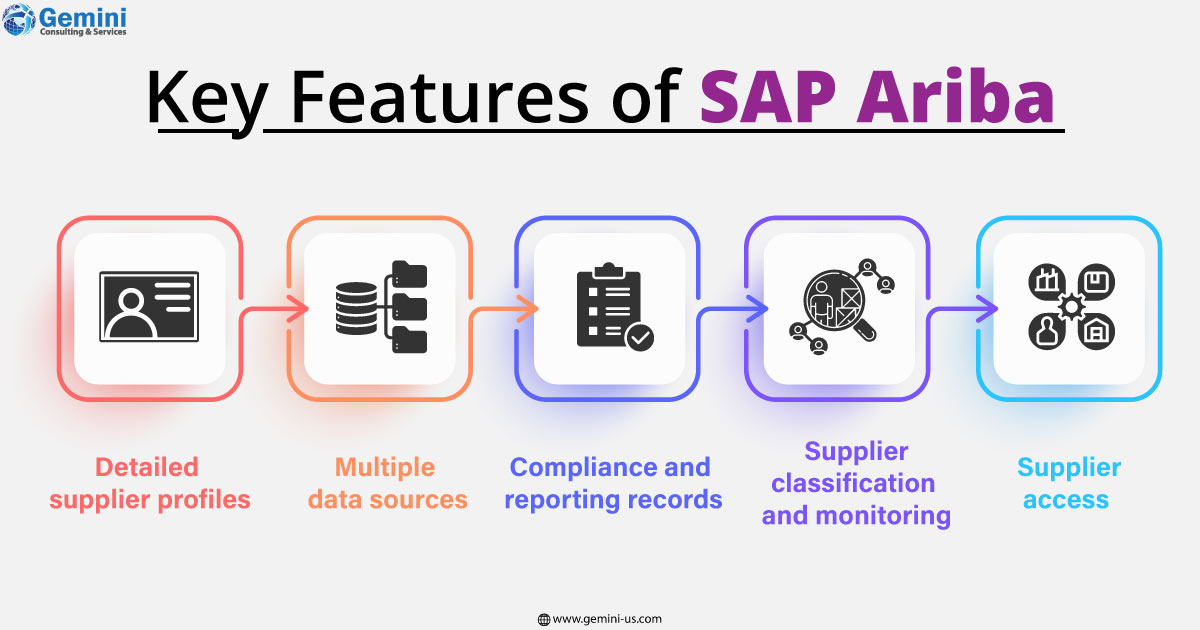Supply chain risk management plays a key role in managing the operations of enterprises engaged in manufacturing, retailing or any organization that is dependent on suppliers to achieve their business objectives. Managing supplier risks effectively helps organizations to avoid sudden disruptions in the supply chain.
The COVID-19 pandemic was one such unprecedented event that caused multiple disruptions in the supply chain and slowed down sourcing business to a near standstill in 2020. There are more risks associated with the supply chain depending on the type of commodity, such as food and medicines that are fragile and perishable. Closures/ recalls or simply bad management of such items and their supply chain can even force a supplier into bankruptcy.
According to Statista, a survey conducted among business managers in the US, this year, identified business interruption, including supply chain disruption as the leading risk to enterprises. Almost half of the respondents who participated in a survey cited business interruption as an important risk, and 30% believed that businesses were at risk due to cyber incidents and macroeconomic developments, respectively.
There are numerous scenarios and risks that can put a given business at risk. The narrower the supplier network is, the more likely businesses are to lose a link in the supply chain.
Risk management analysis helps businesses foresee mishaps that are likely to occur in supplier relationships and set up plans to deal with the same. Let us remind ourselves that financial implications for each of these risks are imminent.

What Supply Chain Risks Organizations Face?
- Sudden discontinuity in the supply of essential goods or services
- Financial failure or cash flow issues for the supplier
- Unnecessary increase in raw material cost, services, etc
- Product contamination and recall from the market
- Losses due to tech failure or cyber attacks
- Issues regarding safety, legal non-compliance, or fraud
How Can SAP Ariba Help?
SAP Ariba is a cloud-based solution that actively connects suppliers and buyers, helping businesses digitalize and simplify all processes on a single integrated platform in the cloud. It improves the overall vendor management system of an organization by optimizing less expensive means of procurement and simplifying business operations. It aggressively transforms the supply chain, procurement, and contract management processes of the organization. It removes complexities, promotes agility, and equips buyers/suppliers with the needed information to improve the source to pay and order.
The traditional risk-covering approach to assess supplier risk manually is not reliable as it tends to omit a complete overview of suppliers and market factors. Ariba Supplier Risk (SR) allows the segmentation of suppliers based on specific risk profiles. It also factors in various categories of risks in the decision-making process by conducting comprehensive due diligence.
Ariba SR enables in-depth visibility of every aspect of the supply chain and complements the overall advantages offered by SAP Business Network, including Ariba, Fieldglass, and Concur. This combination helps enterprises create better connections, collaborate efficiently with suppliers, and connect with carriers/customers for support.
To survive in a volatile business environment, enterprises need an integrated and holistic supplier management approach. Gemini Consulting & Services can help businesses to implement and leverage cloud-based SAP Ariba Supplier Risk (SR) to handle performance and risk factors of the supply chain system. Contact us to know how your business can reduce costs and mitigate risks using SAP Ariba.
Process Flow of SAP Ariba Supplier Risk
SAP Ariba Supplier Risk uses a four-step approach for the total risk assessment.
- Vetting the prospective engagement where the company professional identifies a potential risk area and creates an engagement request.
- The next step is where this personnel sends detailed risk assessment questions to suppliers and other stakeholders.
- Suppliers and stakeholders are expected to provide answers to the assessment.
- Based on the response received and organizational policies, risk scores can be awarded to different categories according to the risk profile set up.

SAP Ariba provides a 360-degree view of the supplier’s risk management of a given business. Its core features are designed to mitigate supplier risk by addressing three main risk management areas – assessment, monitoring, and mitigation.
- Detailed Supplier Profiles
Ariba SR assimilates supplier information across multiple sources, such as the Ariba network itself, external sources, and supplier procurement files to create a unified supplier information report.
- Multiple Data Sources
The application extends access to over 600,000 data sources that are integrated within Ariba SR. Now this includes news agencies, government and private sources, and disaster management sources. SAP Ariba has a track record of anticipating any kind of risk event and proactively warning users about the same.
- Compliance and Reporting Records
The application can produce country-specific risk profiles and disaster management profiles for suppliers, thereby, easing up the due diligence process of businesses. Stakeholders can obtain a clear view of production linkages along with out-of-the-box instant reports on forced labor and environmental sustainability issues.
- Supplier Classification and Monitoring
It is possible using Ariba SR to categorize suppliers based on a set of chosen criteria and risk classifications. The system will generate relevant risk reports on suppliers at the time of supplier onboarding and through different stages of the supplier lifecycle. The suppliers’ risk profile gets updated continuously, helping businesses easily mitigate financial, legal, and operational risk exposures.
- Supplier Access
Suppliers are allowed to update their profile information in real-time as the tool is integrated with SAP Ariba sourcing solutions.
Benefits of SAP Ariba
- The spend management process is efficient and the business is empowered with an end-to-end source to settle solution that is integrated into the digital core of SAP S/4HANA.
- Savings improve as there is accountability for every expense type, including direct, indirect, services, capital projects, and contingent labor resources.
- User satisfaction improves. Easy adoption helps employees embrace automation that helps them make smart purchases with a superior user experience.
- The financial aspect of supply chain management helps capture early payment discounts and extend days of outstanding amounts payable, thereby, enhancing free cash flows.
- The solution is easy to implement, highly scalable through cloud-based automation and reduces the total cost of ownership for enterprises.
With the power of the SAP Ariba Supplier Risk and SAP Business Network, enterprises can establish a solid infrastructure to manage supply chain risks and ensure compliance. The solution also protects the reputation of the business and forges customer and supplier relationships.



